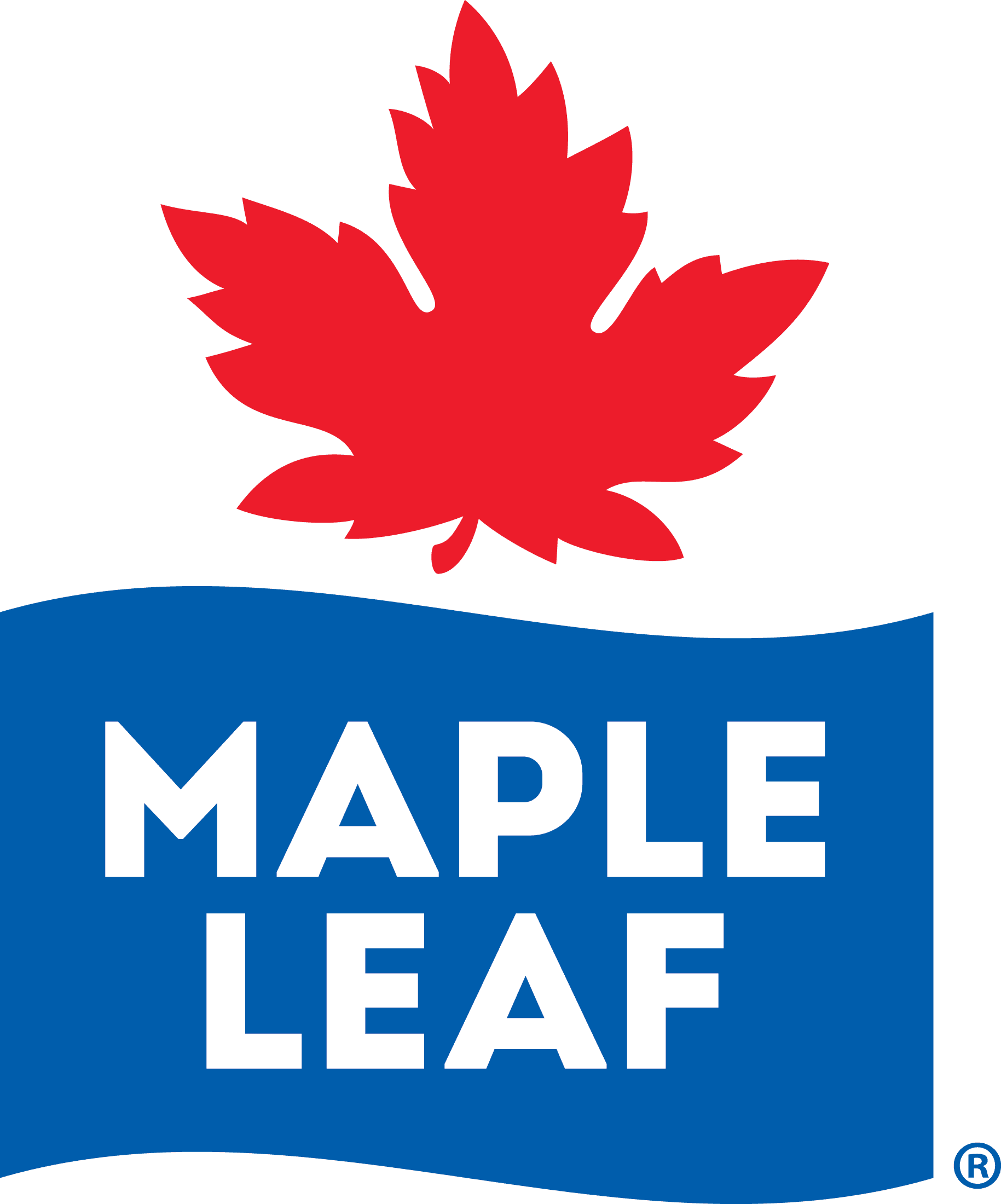Food Insecurity
The Maple Leaf Centre for Food Security is committed to working collaboratively across sectors to reduce food insecurity in Canada by 50% by 2030.
What is food security and what is food insecurity?
People are food secure when they have stable access to nutritious, affordable, and culturally appropriate food. People who are food insecure worry about running out of food, may compromise on food quality or quantity and may need to skip meals because they don't have access to money for food.
Food insecurity is a devastating social issue impacting health, academic and economic potential, and quality of life. It disproportionately affects Indigenous Peoples, racialized communities, people with disabilities, and other equity-deserving groups. We are working collaboratively across sectors to raise awareness of food insecurity, advocate for critical policies, and invest in scalable programs required to reduce food insecurity.
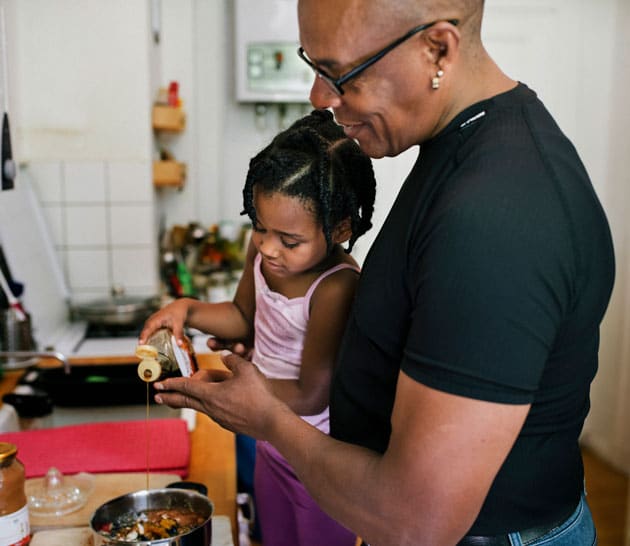

The Stats
Food insecurity is a crisis:
- The most recent data indicates that 10 million or 25.5% of people in Canada experience food insecurity.
See the source - ood insecurity is rising among children. More than 1 in 4 children in Canada live in a home that is food insecure.
See the source - Black & Indigenous families have a rate of food insecurity that is double the national average.
See the source - 50% of people over the age of 15 living in food-insecure households have a disability.
See the source - Poverty has remained steady while food insecurity has increased. As of 2022, eight in 10 food insecure families were living above Canada’s official poverty line, indicating that food insecurity is influenced by various factors including the stability of income, assets and debt, access to family and social supports, and the cost of living.
See the source
About The Maple Leaf Centre for Food Security
Maple Leaf Foods is committed to shared value creation, including meaningful social change. That’s why we created an organization to make a lasting, positive impact on food insecurity in Canada – The Maple Leaf Centre for Food Security.
The Centre is a registered charity governed by a Board of Directors. Its goal is to work collaboratively across different sectors to reduce food insecurity in Canada by 50% by 2030.


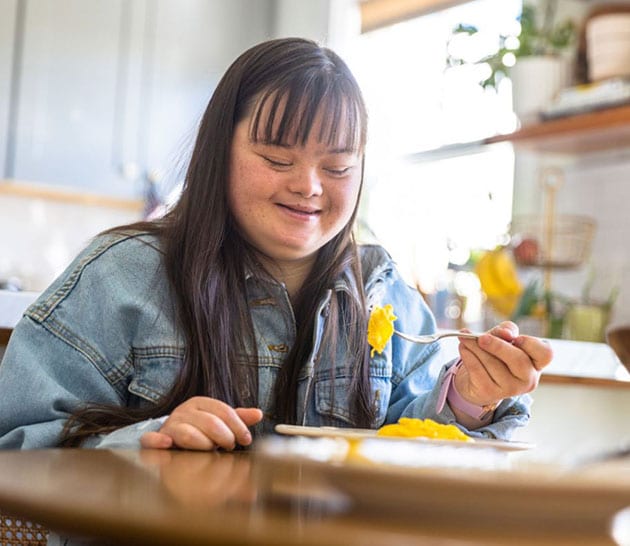

Food insecurity in urban Canada
The Centre took a deep dive into the realities of different groups living in urban Canada to build understanding of how they experience food insecurity. The Centre, in partnership with October Systems, spoke to people experiencing food insecurity in urban centres across Canada to understand what led to their situations and what challenges they face navigating access to supports.
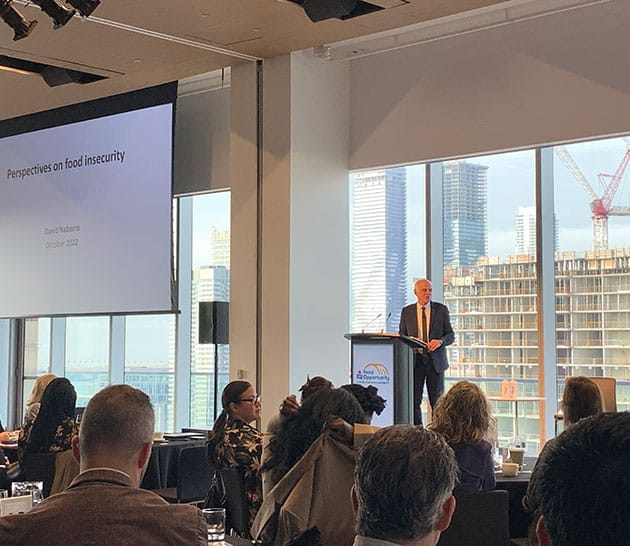

The annual Food Security Symposium
The Centre e hosts an annual Food Security Symposium that brings together more than 100 representatives from government, private and civil society. This past year's Symposium featured program experts, policymakers, community leaders, and researchers discussing various perspectives on what’s needed to address Canada’s food insecurity crisis.
Partnering with organizations across Canada
Here are a few highlights from the programs we support:
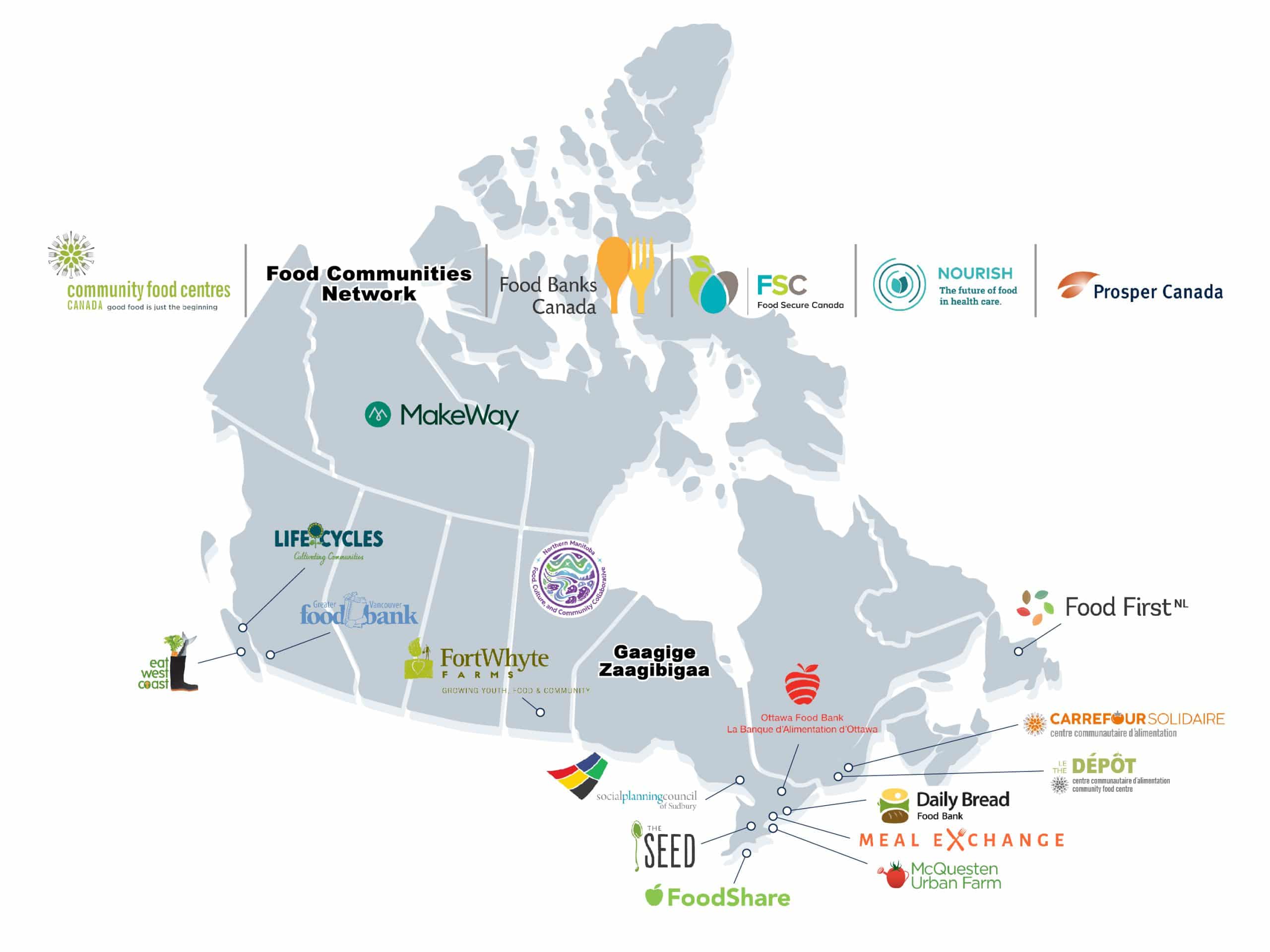

Here’s what our partners have to say about our working relationship:
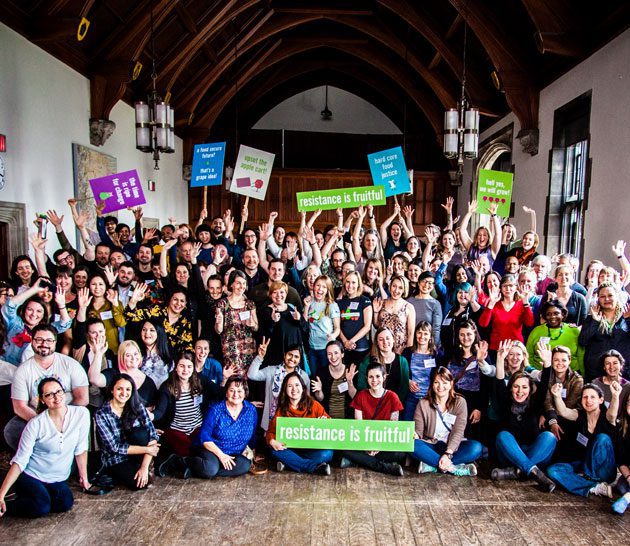

50% of people over the age of 15 living in a food insecure household have a disability. The new federal Canada Disability Benefit (CDB) has the potential to provide financial relief to people with disabilities and the main qualification criteria is to be approved for the Disability Tax Credit (DTC). Of the 1.5 million people with disabilities who live in poverty, only one-third are currently registered for the DTC, and the application process is notoriously complex with significant barriers to approval. The Centre is partnering with Plan Institute to provide free, accessible information and one-to-one support to individuals and families across Canada, develop resources for medical practitioners, and outreach to community organizations across the country to increase awareness of and access to the DTC and CDB.
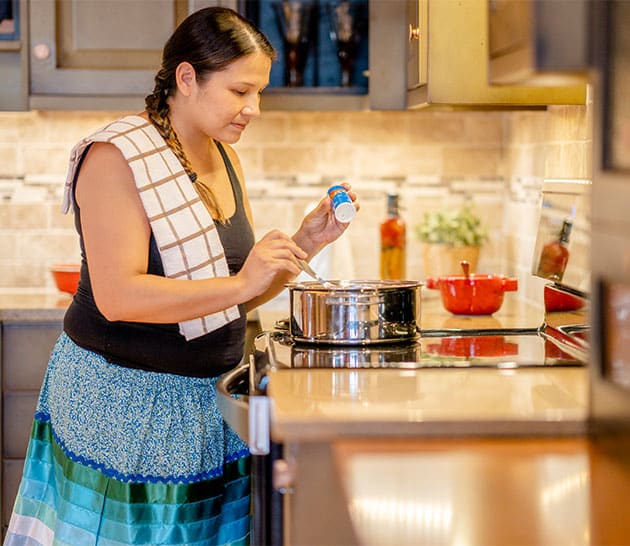

• Families with children are one of the fastest growing groups of food-insecure households in Canada. The Centre partnered with the Government of Newfoundland and Labrador to provide$1.8 million over three years to support food subsidies for families with children experiencing food insecurity. Sixteen Family Resource Centres throughout the province distribute food subsidies in the form of grocery gift cards and gift cards to nonprofit food programs. This initiative is part of a broader effort by the Government of Newfoundland and Labrador - families will receive an increase to the provincial portion of the Canada Child Benefit and some will also receive the early childhood nutrition supplement.
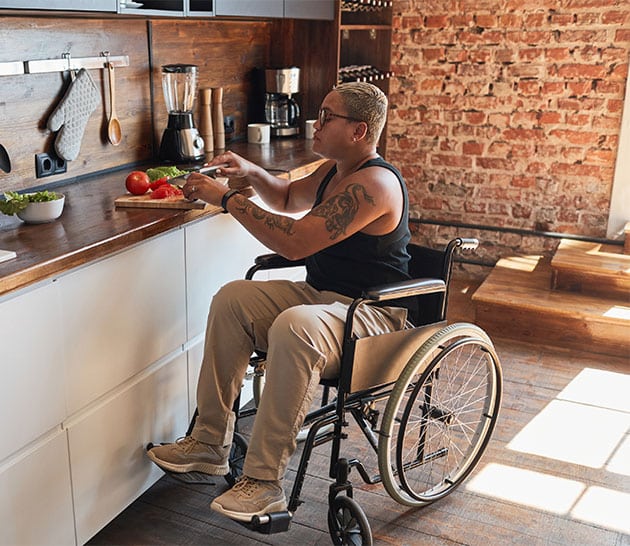

Northern and Indigenous communities in Saskatchewan receive fewer and smaller grants and donations to support community projects. The Centre partnered with MakeWay and other funders to support the development of the Sîhtoskâtowin Program. Following two years of consultations and conversations across the province, the program now supports Indigenous-led projects in northern Saskatchewan working to improve food security, cultural reclamation, economic development, physical infrastructure and health.
Integrated Report
We’re documenting all the changes we’re making. See our progress in our latest Integrated Report.
